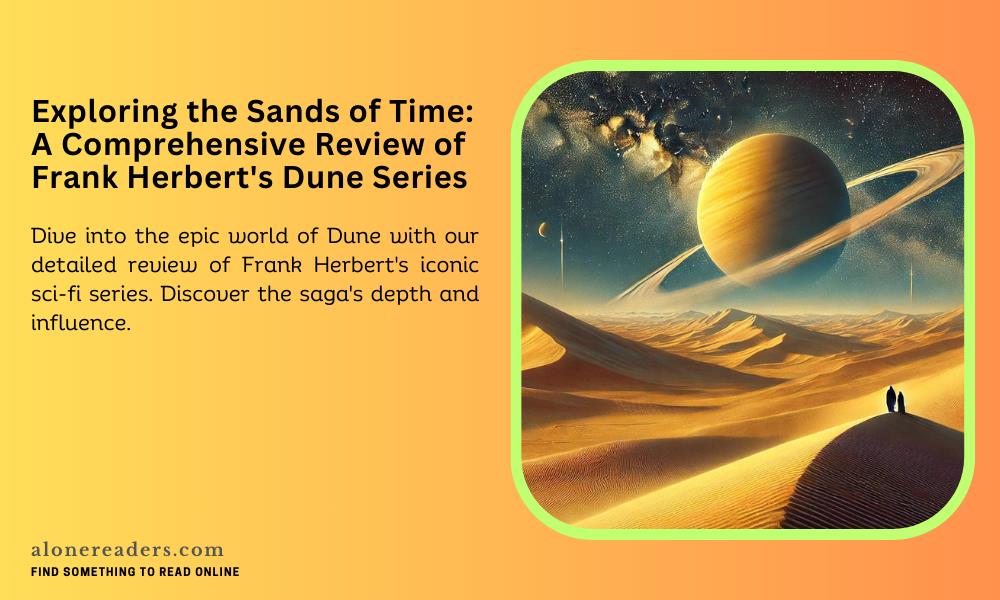
Frank Herbert's "Dune" series stands as a monumental pillar in the realm of science fiction literature, offering a complex and detailed narrative that has captivated readers since its first publication in 1965. Spanning six books written by Herbert, and additional titles by other authors who continued his legacy, the series delves into themes of politics, religion, ecology, and the human spirit, all set within the harsh, desert world of Arrakis.
At its core, the series begins with "Dune," where readers are introduced to the young Paul Atreides, whose noble family accepts stewardship of the desert planet Arrakis, the only source of the universe's most valuable substance, the spice Melange. This spice is not only a potent drug but also essential for space travel, making Arrakis the epicenter of political intrigue and conflict. Herbert crafts a universe where feudal houses control planetary fiefs, and the Emperor's power is checked by various forces including the secretive Bene Gesserit, a sisterhood with extraordinary mental and physical abilities.
As the series progresses, particularly through "Dune Messiah" and "Children of Dune," Paul's journey from a duke's son to a messianic emperor unfolds, reflecting Herbert's criticism of charismatic leaders and the unpredictability of religious fervor and political motivations. The saga deepens with "God Emperor of Dune," where Paul's son, Leto II, transforms into a hybrid creature, ruling the universe for thousands of years to enforce a vision of future stability. This installment, possibly the most philosophically rich, confronts issues of long-term governance and the sacrifices necessary for peace.
"Heretics of Dune" and "Chapterhouse: Dune" shift focus to a universe where the power structures that ruled for millennia are breaking down, exploring themes of survival and adaptation. Here, Herbert introduces a new set of characters and conflicts that test the boundaries of human evolution and cultural integration. The intricacy of Herbert's world is evident in his detailed descriptions of ecological systems, religious texts, and social hierarchies, each influencing the series' direction and the actions of its characters.
The depth of the "Dune" series is one of its most compelling aspects. Herbert’s ability to intertwine environmentalism with complex character dynamics sets the series apart. The ecological challenges of Arrakis itself, with its giant sandworms and scarce water supplies, mirror real-world issues of resource scarcity and environmental degradation, making the series profoundly relevant decades after its release.
Moreover, the series' impact on the science fiction genre cannot be overstated. It has inspired a vast array of media, including films, games, and more, each attempting to capture the detailed universe Herbert imagined. However, the dense plotting and complex jargon can sometimes pose a challenge to new readers, but those who invest the time are rewarded with a richly crafted world filled with nuanced discussions of morality, power, and human potential.
In conclusion, Frank Herbert's "Dune" series is more than just a seminal work of science fiction. It is a deep, thought-provoking exploration of the human condition through the lens of a distant future. It challenges readers to consider the implications of our choices regarding leadership, sustainability, and belief systems. For anyone looking to understand the foundations of modern science fiction, the "Dune" series is an essential read, offering a profound narrative that resonates with the complexities of our own world.